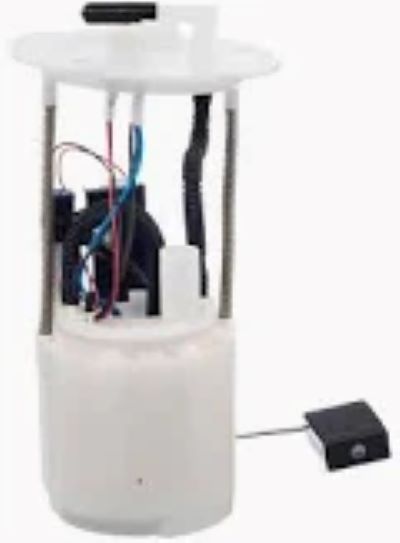Turbocharged engines are particularly vulnerable to the effects of fuel pump failure, since they rely on a specific volume and pressure of fuel entering their lines in order to operate as intended. Turbocharged engines can produce more power by increasing the volume of air stuffed into the combustion chamber, but this extra airflow requires extra fuel to match. When a fuel pump is failing, one of the common problems that could arise due to lack of pressure within proper range, typically between 60 and 100 psi for turbocharged systems, is when the engine runs lean which may result in poor performance at best or severe engine damage at worst.
Problems related to the fuel pump in a turbocharged engine include low power, reduced acceleration and even engine knock. Boost lag – where you have the turbocharging providing the pressure, and all the engine can do is to build it up because, due to lack of sufficient fuel, unfortunately. This mismatch in air and fuel delivery can decrease efficiency, as well as make the engine run rough or jerk when under heavy load or during acceleration. A 2020 report from the National Institute for Automotive Service Excellence (ASE) mentioned that exacerbating the problem is that of all engine performance complaints, some 20% can be traced to fuel system problems like faulty fuel pumps or issues in how well fuel is being delivered.

In high performance cars such as the Subaru WRX or Ford Mustang EcoBoost, turbocharged engines rely on an exacting fuel-air ratio to prevent dangerous situations like pre-ignition or detonation. This happens when the air-fuel mixture combats before it should (pre-ignition) due to lack of fuel supply causing an over lean condition. If not checked in time, the car might end up blowing a piston, cracking on cylinder or other more catastrophic engine failures. It is very important to replace a bad Fuel Pump because this can prevent all of these problems and make sure that the engine is getting what it needs to be fueled properly.
In 2018, there was a recall of Ford turbo cars because the fuel pump in these models can have problems of stalling and power loss. The recall was a driving reminder of just how little turbocharged engines tolerate fuel-delivery issues, even small changes in fuel-pressure can lead to a large decrease in power.
For a turbocharged engine fuel system, this means checking the condition of the fuel pump and making sure it has been upgraded to meet higher demand of forced induction systems. Installing a high-performance fuel pump or using a fuel pressure regulator that provides constant fuel pressure under boost conditions can help alleviate the problems of the failure of the fuel pumps.
